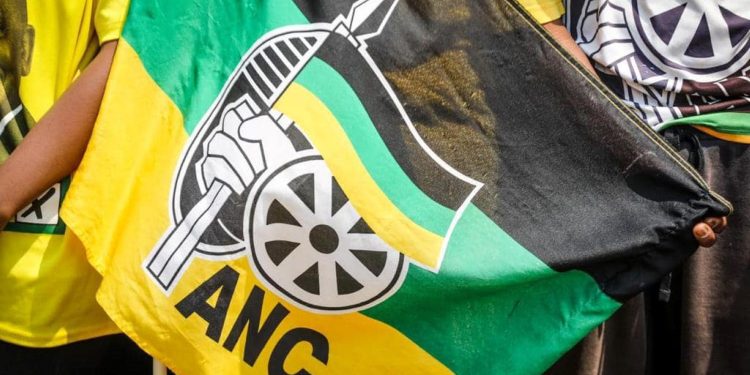The stability of South Africa’s political landscape is under threat as the African National Congress (ANC), a beacon of governance since apartheid’s demise, contemplates a coalition with the Democratic Alliance (DA). This potential alliance has spurred significant dissent within the ANC, with key leaders voicing intentions to leave if it proceeds. This internal discord signals a possible weakening of the ANC’s power and forecasts chaos for the nation.
One of the critical concerns about this coalition stems from the DA’s historical reluctance to adhere to collaborative agreements. Previously, the DA exited the multi-party charter right before the election, leading to a pervasive belief that the charter will not survive post-election. This has caused resentment among smaller parties involved, who now view the DA as an unreliable partner. Such a pattern suggests that a coalition with the DA could be inherently unstable, threatening the very fabric of political cooperation in South Africa.
Amidst these coalition talks, reports over the past 24 hours have highlighted an intensifying split within the ANC. This internal conflict is a significant threat not just to the party but to the national unity that has been cultivated over many years. Allowing such a split could dismantle the cohesion that South Africa has strived to maintain since transitioning from apartheid, leading to a fragmented and unstable country.
Moreover, aligning with the DA could expose President Cyril Ramaphosa and the ANC to further vulnerabilities. Critics argue that DA leader John Steenhuisen, supported by international allies, might leverage this coalition to undermine Ramaphosa, potentially leading to the ANC’s loosening. The fall of such a central political pillar could leave South Africa in a precarious position, facing political upheaval and uncertainty.

In sum, the potential exodus of principled ANC members due to a coalition with the DA spells a looming crisis. The ANC’s decision in this regard must be made with acute awareness of the potential repercussions on the nation’s stability and unity.










